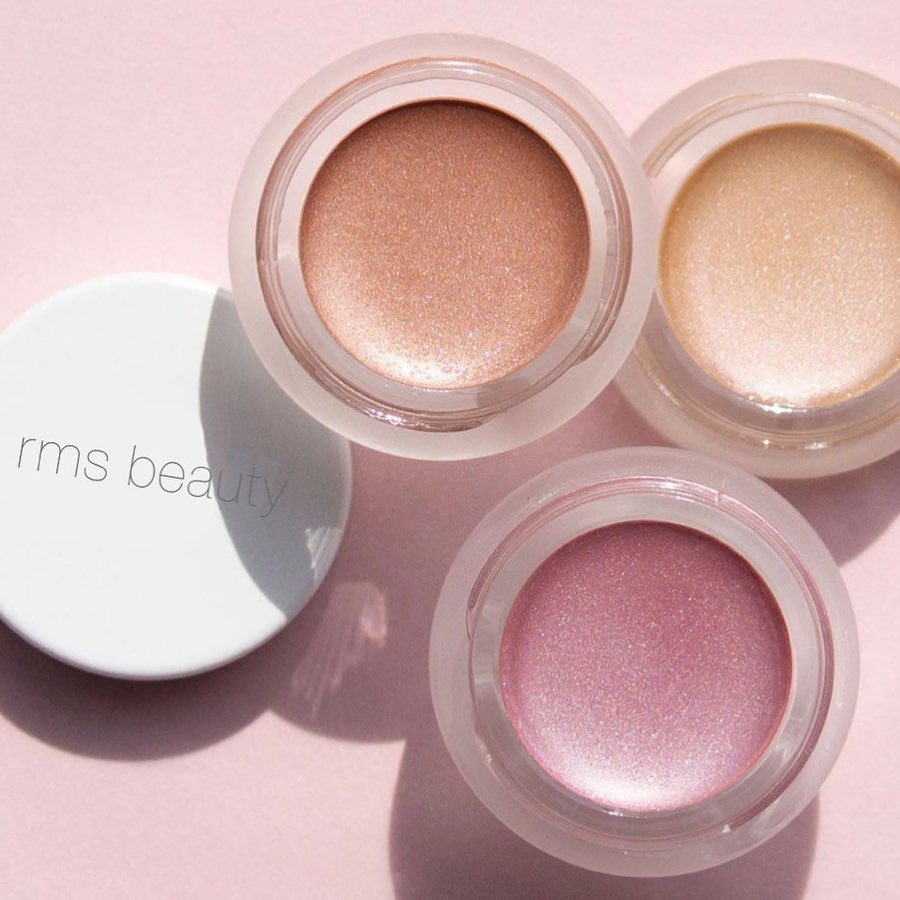
You experience more oxidative stress in the summer. Find out why and what you can do about it.
Did you know that you experience more oxidative stress in the summer? And what is oxidative stress and what can we do about it?
We love summer for many reasons: extra time in the sun, the opportunity to spend more time outside, vacation. But summer (and the sun) can have consequences for your skin and hair. Everyone knows sunburn, dried out locks,...
But what many may not realize is that extra exposure to UV rays and pollution can cause an internal problem in the body: oxidative stress.
What is oxidative stress and why do you have more oxidative stress in the summer?
Oxidative stress is a fancy phrase that explains what happens in the body when free radical damage is in overdrive.
Oxidative stress starts with molecules called free radicals.
They are created as a byproduct of exposure to sources such as UV damage and air pollution (among others, but these two are most prominent in the summer).
Your body can fight these free radicals on its own, but when there are too many, problems arise: Excess free radicals can damage cell structures, including DNA and cell membranes. (Read: premature aging.) And when your body's production of free radicals exceeds its ability to control them, the result is oxidative stress.
And since longer time outdoors in the summer usually means more exposure to sun and pollution, the risk of oxidative stress increases.
What can you do?
We know that your body can fight free radicals on its own, but only to a certain extent. The good news is that when your body goes into overdrive due to free radicals, you can temper that oxidative stress with certain nutrients.
Through antioxidants, for example.
Try to include even more antioxidants in the summer to neutralize free radicals in the form of:
- Vitamin C (vegetables and fruits)
- Vitamin E: vegetable oils, nuts, seeds, oily fish, eggs, whole grains, vegetables (spinach!) and fruit.
- Flavonoids give color to vegetables and fruit. Flavonoids are found in all vegetables, fruit, herbs, spices, legumes, seeds, grains and nuts.
- Selenium (sunflower seeds, oats, Brazil nuts, walnuts, legumes, tuna, beef, poultry, cheese, eggs, turkey, chicken and brown rice)
- Coenzyme Q10 (poultry, fish, nuts, dark green vegetables such as broccoli and spinach)
- Curcumin (turmeric): a powerful antioxidant and radical scavenger
Adaptogens can also neutralize free radicals.
Adaptogens are herbs and other substances that restore the (hormone) balance in your body and can thus reduce physical and mental stress reactions. They help your body adapt to certain stressors, so that everything becomes more balanced again.
Adaptogens are quite easy to add to your diet. For example, stir them into yogurt, mix them in a smoothie or use them in a cup of tea.
There are many types of adaptogens, many of which you may be familiar with, such as Maca powder, Reishi and Ashwaganda.
Also Astaxanthin and Rhodiola are very special, especially in the summer because of its ability to control sun damage and associated oxidative stress - it is almost 1,000 times more effective at fighting UV free radicals than most other antioxidants.
Although adaptogens are purely natural, some caution is required.
Get well informed, stick to the recommended amount and only take a small amount to start with. This way you can notice how your body responds to a particular adaptogen. Pregnant or breastfeeding? Always consult with a doctor.


